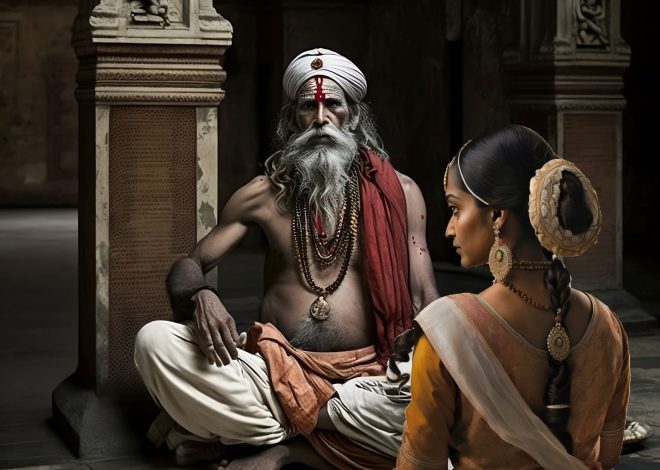
The Philosophical Roots of Moksha Patam: The Original Snakes and Ladders
Snakes and Ladders is a classic game that has been played by people all over the world and across cultures and languages. Few, though, are likely aware of its profound spiritual precepts originating in ancient India. Invented by the poet-saint Gyandev in the 13th century, Moksha Patam is the ancestor of the British game Snakes and Ladders. But unlike its modern analog, Moksha Patam was more than just a diversion; it was a manual for living and the pursuit of Moksha, or spiritual emancipation.
A Universe Represented by a Square
There are a total of 100 squares on the game board, and each one represents a different character trait or way of life. You may move ahead or backward depending on whether a ladder or a snake is in a certain square. Each ladder and snake in Moksha Patam had significant symbolic meaning, unlike the random placement in later replicas.
For example, if you land on the square labeled “Faith” (12th square), you’ll gain access to a rung on the ladder that leads higher up the path. The ‘Asceticism’ (78th) and ‘Knowledge’ (76th) squares, as well as the ‘Reliability’ (51) and ‘Generosity’ (57) squares, are similarly endowed with mystical stairways.
Contrarily, squares like “Disobedience” (at number 41), “Arrogance” (at number 44), “Vulgarity” (at number 49), and “Lying” (at number 58) are traps, where the snake’s mouth waits to swallow you into the spiral of material life. More serious sins, such as ‘Murder’ (73) and ‘Lust’ (99), keep you from reaching the coveted 100th square, which represents ‘Nirvana’ or ‘Moksha’—the ultimate spiritual emancipation.
Moksha Patam also features several interesting illustrations of gods and heavenly regions (such as Kailasa, Vaikuntha, and Brahmaloka) perched atop ladders. It’s a reflection of Hindu cosmology, which holds that good deeds elevate one’s spiritual status.
The ups and downs you experience in the game are meant to be metaphors for the highs and lows you could encounter in real life. It’s a subtle reminder that our actions have consequences, but that there are also factors beyond our control.
The concepts of Sansar, or the endless cycle of rebirth, and Dharma, or one’s duty to act morally and ethically, are beautifully encapsulated in the game.
When you play Moksha Patam, you’re not just playing a game; you’re reflecting on the complexity of life and the spiritual journey ahead. Sanatan Dharm, or eternal truth, is a central principle of Hindu philosophy, and this work provides as a practical illustration of Karma and Dharma according to those beliefs.
Image: AI rendering
#MokshaPatam #SnakesAndLadders #SpiritualGame #Gyandev #Moksha #Nirvana #Karma #Dharma #HinduCosmology #SpiritualJourney #SanatanDharm #PhilosophicalRoots


